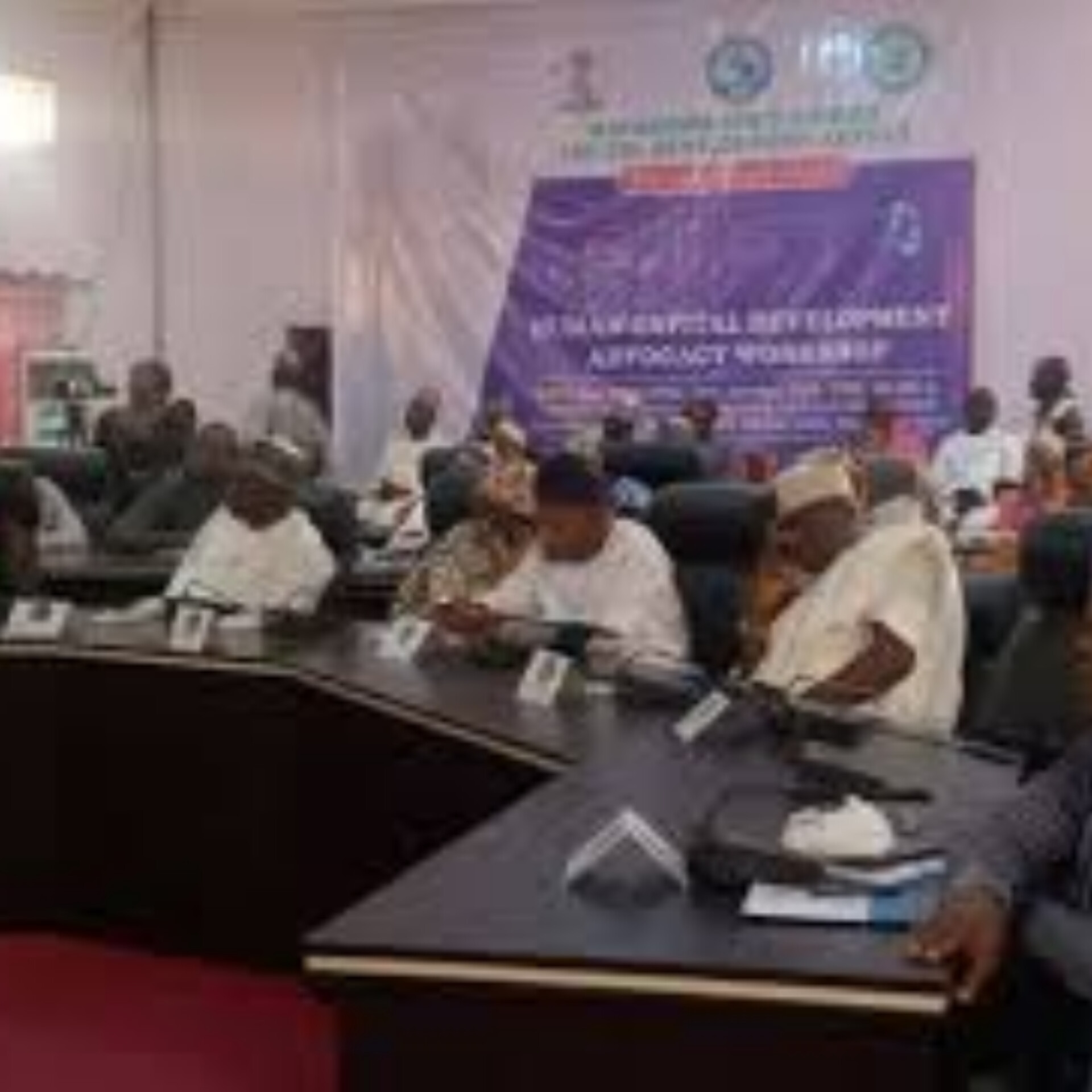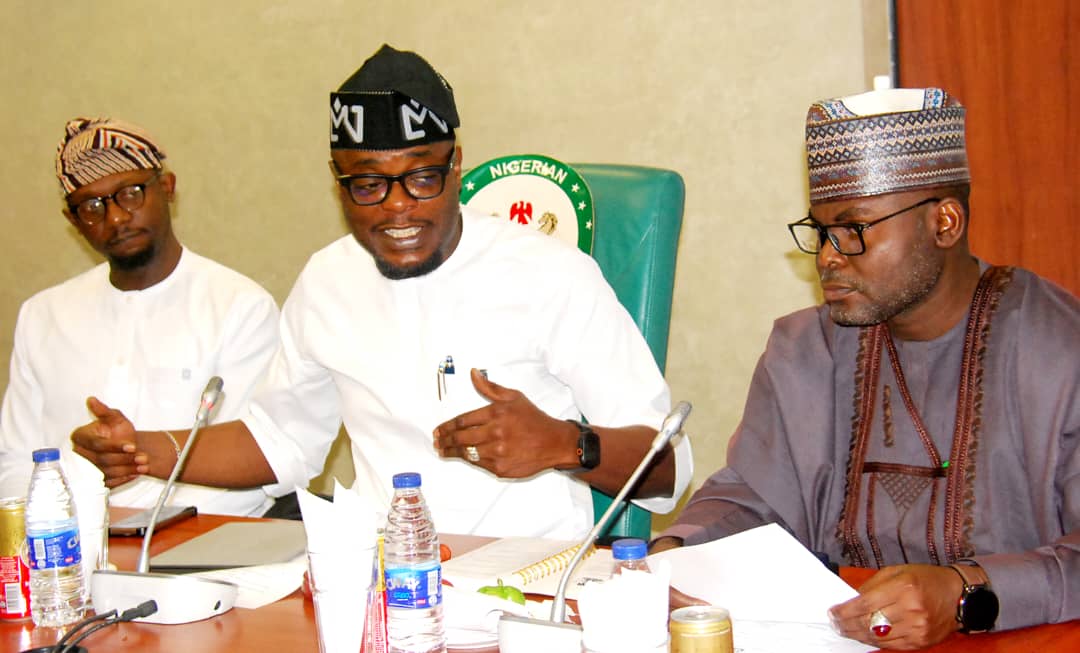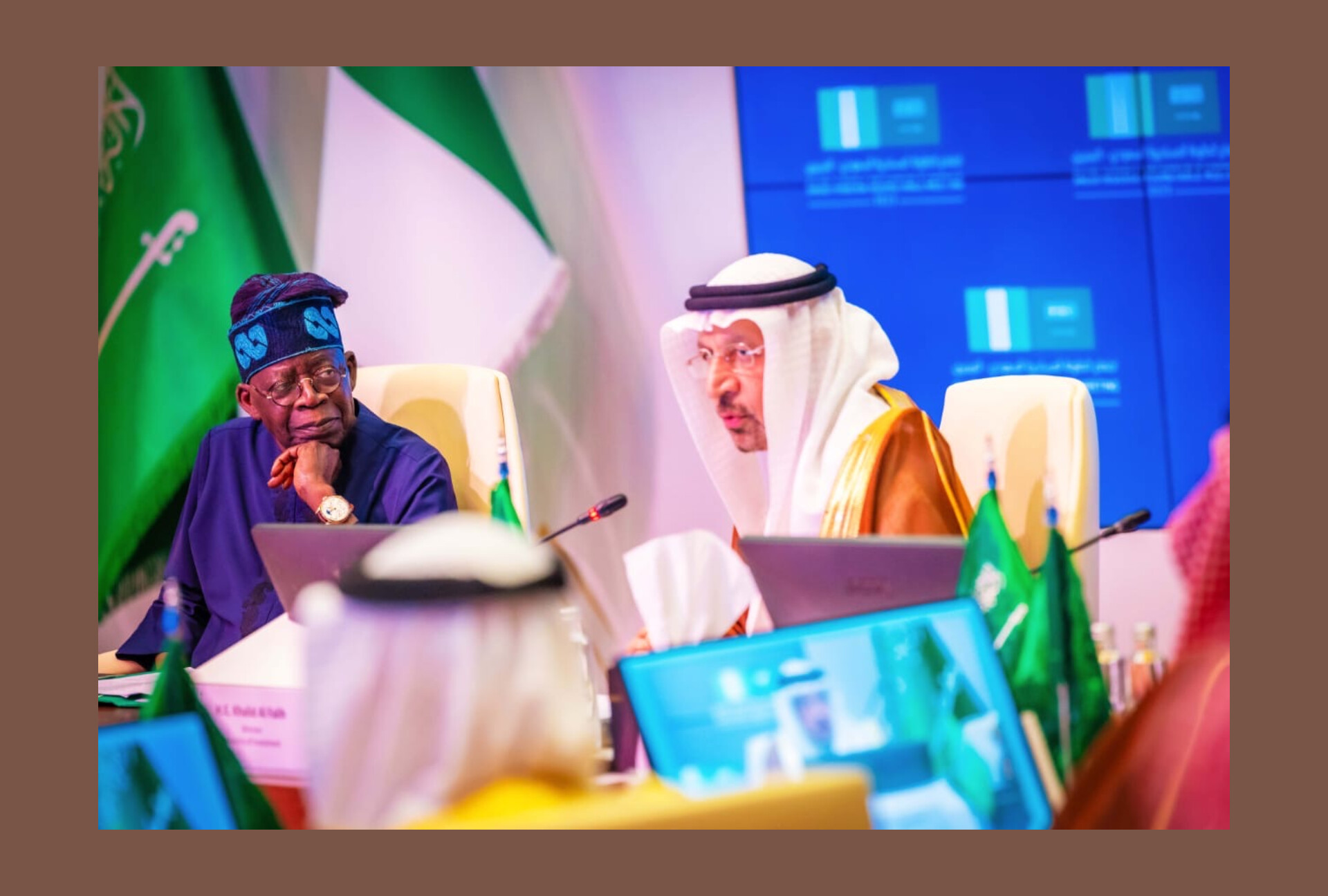From Abel Daniel, Lafia
The Nasarawa State Government says it is partnering with the World Bank to assist parents who can not afford to send their children to schools in the state.
The State Commissioner for Education, Dr. John Mamman, made the disclosure in Lafia on Wednesday at the close of a 2-day advocacy workshop on Education, Healthcare and Gender Inequality organised by the state’s Human Capital Development Agency in collaboration with the Africa Human Capital Development Plus.

Dr. Mamman said taking out-of-school children back to the classes had been a top priority of the State Governor, Abdullahi Sule, giving the assurance that in the coming months, the issue of having uneducated children on the streets would be drastically reduced if not completely eliminated.
“The State Government agreed to partner with the World Bank in two educational sectors; Adolescent Girls Initiative for Learning and Bilingual Education to cater for the out-of-school children in the state.
“The partnership is to see how we can take those children roaming round the streets back to school. And we agreed to run it as Boarding schools because it would be easier for us than Day schools,” he added.
On her part, the Chief Executive Officer of Africa Human Capital Development Plus, Finda Koroma, commended the Nasarawa State government for its numerous programmes rolled out to support the less privileged people of the state.
She further assured of the Africa HCD Plus commitment to continue to give maximum support to the state’s Human Capital Development Agency in order to lift many residents of the state from poverty.
Koroma said, “I am really impressed by what is happening in Nasarawa State because they have taken the lead in establishing a stand-alone Human Capital Development Agency.
“They have indicators and targets to meet that is why we are here to work with them (Nasarawa HCD) in ensuring that through data analysis and management, through training and capacity building, they can meet their targets and indicators, so that the impact they are making will be greater.”
Earlier in her welcome address, the Director General of the Nasarawa State Human Capital Development Agency, Habiba Balarabe-Suleiman mentioned the six thematic areas of the state’s HCD Agency to include Health and Nutrition; Education; Labour Force Participation; Youth; Social Development; and Local Government Community Development.
While expressing gratitude to the Chairman of the Agency and Deputy Governor of the State, Dr. Emmanuel Akabe for his support in ensuring the success of the programme, the DG added that the objectives of the workshop were to address the complex issues surrounding Human Capital Development, navigate policy landscapes, engage diverse stakeholders, and promote inclusivity in development initiatives.
Our correspondent reports that the workshop which had stakeholders from across the 13 Local Government Areas of the state in attendance, featured expert presentations, hands-on group exercises and open discussions, among others.




